
Connectivity making e-scape dreams come true
If you could live and work anywhere in Australia, where would you choose?
In the bright lights and bustle of city life? At lapping shorelines in a sleepy seaside village? Accompanied by birdsong in a bush setting?
Across more than seven million square kilometres of land, Australia boasts the full spectrum of landscapes and lifestyles to satisfy every one of us.
And with nbn™ network connectivity across Australia helping to enable Australians to live and work wherever they please, it seems many Australians are now exploring a permanent escape to their ideal community and way of life.
That’s according to the nbn™ Flexible Lifestyle Survey*.
The survey says…
Keen to understand how COVID-19 and the experience of working remotely online has changed the way – and where – Australians wish to live, we recently commissioned the nbn™ Flexible Lifestyle Survey.
Conducted by YouGov, an online data community, the research was to help with the aim of making services over the nbn™ network such that they can best support Australians as they explore a more flexible lifestyle.
“COVID-19 has been an incredibly challenging time for everyone, but it has also been a catalyst for positive change in many areas,” says Gavin Williams, Chief Development Officer, Regional and Remote at nbn.
“With more activities – from work, to education, to catch-ups with family and friends – shifting online, it is now possible for Australians to convert this recent experience into lasting changes that support their lifestyle goals.”
So, what did the survey tell us?
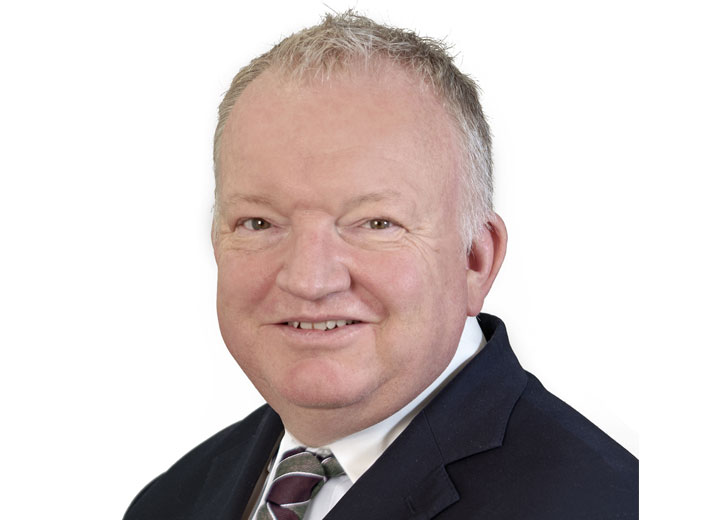
A national snapshot
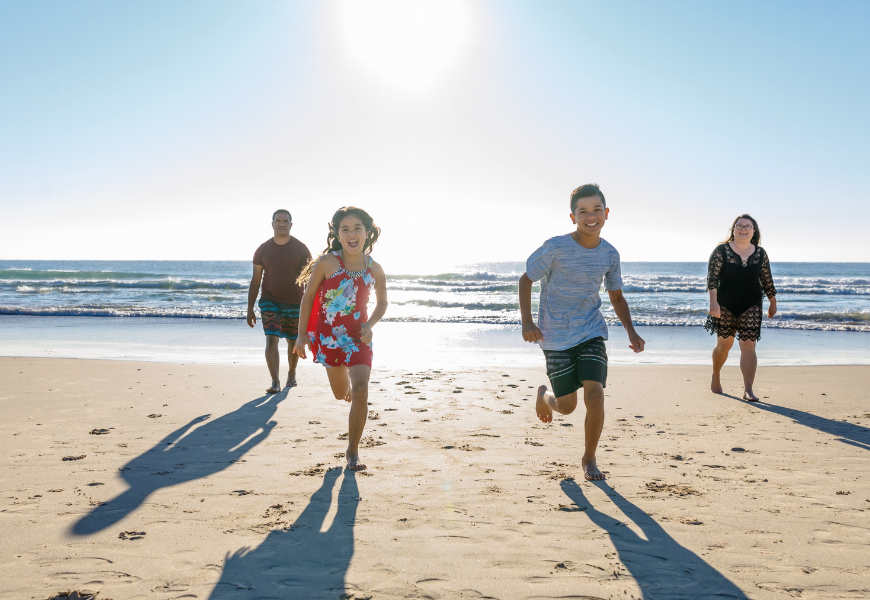
According to the results, 35 per cent of Australians surveyed are considering relocating to their ideal community after COVID-19.
It’s a desire felt more keenly by city-dwellers with half of those who live in one of the five major capital cities saying they’ve wanted to move for a while.
Drivers for relocation include saving money, a quieter lifestyle and getting on with the things that make them happy.
“Enabled by high-speed, reliable broadband^, people are now considering how they can move home without giving up their job, access to important services or connection with family and friends,” says Gavin.
Of those surveyed who can work remotely, 62 per cent said they would prefer to do so in the future, and 85 per cent agree that connectivity is now more important than ever to achieve their ideal work approach.
So, what are the key characteristics Australians are seeking in their ideal community?
The survey reveals plenty of green space (65 per cent), quiet streets and low traffic (64 per cent) and proximity to good health facilities (59 per cent) are the most highly coveted.
And we’re willing to give up our perks for the privilege.
For the chance to live where we want, the survey says, we’ll forgo a vibrant night life, proximity to the CBD and business centres, and being close to cultural venues or our favourite in-person exercise class.
Huestons, we have no problem
One example of a family making the most of their nbn™ network connectivity during the COVID-19 pandemic is the Huestons: Kim, husband Rob and their two teenage daughters, Zara and Mia.
Already living their ideal lifestyle on the Central Coast of New South Wales, Kim says the family’s routine changed when the COVID-19 pandemic hit: “We’ve probably done a bit of a 360 to what we were doing.”
Access to services over the nbn™ network meant Kim has been able to continue working on her business, The Tribal Wellness Movement, while Rob – who’s in IT – and the girls have kept up with their work and school obligations.
“Having fast internet access through COVID has been an absolute blessing for our family with the demand of us all working online together all the time,” says Kim. ^^
While Rob used to travel a lot for work – to Sydney, interstate and overseas – Kim believes this change will endure beyond the pandemic.
“So many people are now connected online, and workplaces recognise that people can work remotely and deliver. I think this will change the way we work.”
While COVID-19 has brought with it many challenges, for Kim, there’s been a silver lining.
“It’s been a journey for us because we’ve started to enjoy the simple things in life and started to connect on a different level.
“And just really prioritise what’s important to us as a family.”
nbn enabling lifestyle
As people increasingly seek a lifestyle that allows them to focus on what’s most important, like family and wellbeing, the typical city benefits of being close to the office or having a broad choice of cultural and entertainment options on the doorstep are fading, says Gavin.
“Instead, people are exploring the things that make them happiest – which they believe are now more achievable.”
And with 11.82 million premises in Australia now able to connect services over the nbn™ network, it’s more achievable than ever.
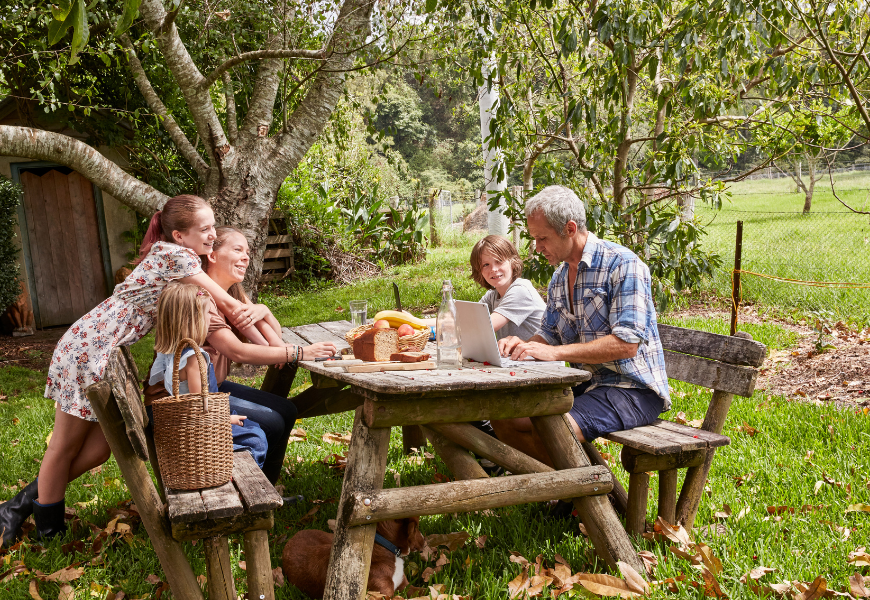
Three in four Australians surveyed said they couldn’t accomplish the flexible lifestyle they are looking for without access to fast and reliable broadband^.
“At nbn, we’re committed to helping people across the country achieve these lifestyle benefits and continuing to lift the digital capability of Australia as our habits and priorities change,” says Gavin.
“As more people look to embrace a more flexible lifestyle, the role of the nbn™ network as a crucial backbone supporting evolving ways of working and living is clear.”
So, if you could live and work anywhere in Australia, where would you choose?
By the Numbers
Adelaide in South Australia
Of Adelaide residents surveyed:
- 29 per cent are considering relocating to their ideal community after COVID-19
- 75 per cent of those keen to move prefer to stay in South Australia
- 42 per cent have wanted to move for a while but have only considered it feasible lately
- 75 per cent believe an increase in people moving to their area would bring benefits, like support for local businesses (62 per cent)
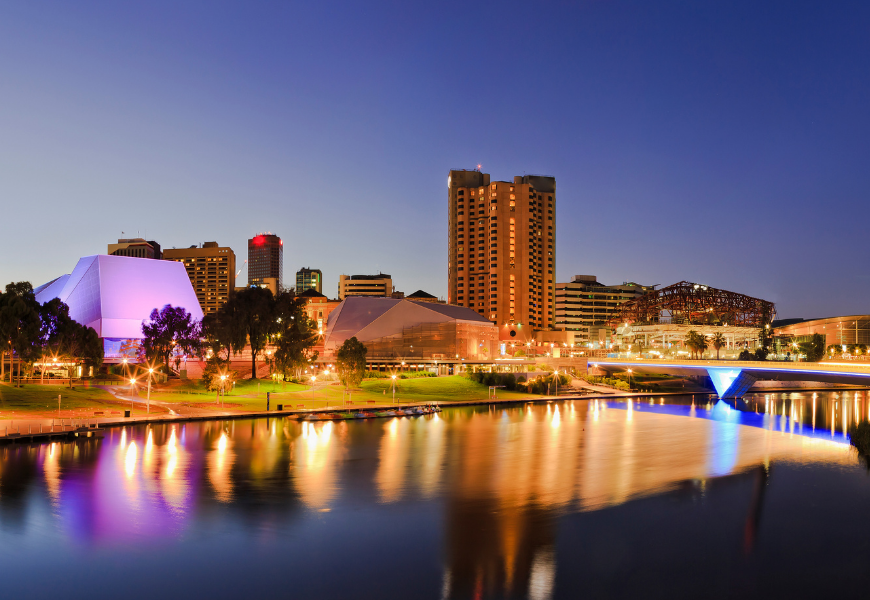
Australian Capital Territory
Of Australian Capital Territory (ACT) residents surveyed:
- 38 per cent are considering moving after COVID-19
- 46 per cent of those keen to relocate would stay within the ACT
- 37 per cent would like to work remotely more in the future
- 69 per cent say plenty of green space, and quiet streets and low traffic, are features of their ideal community
- 64 per cent are happy to stay connected with family and friends via digital platforms
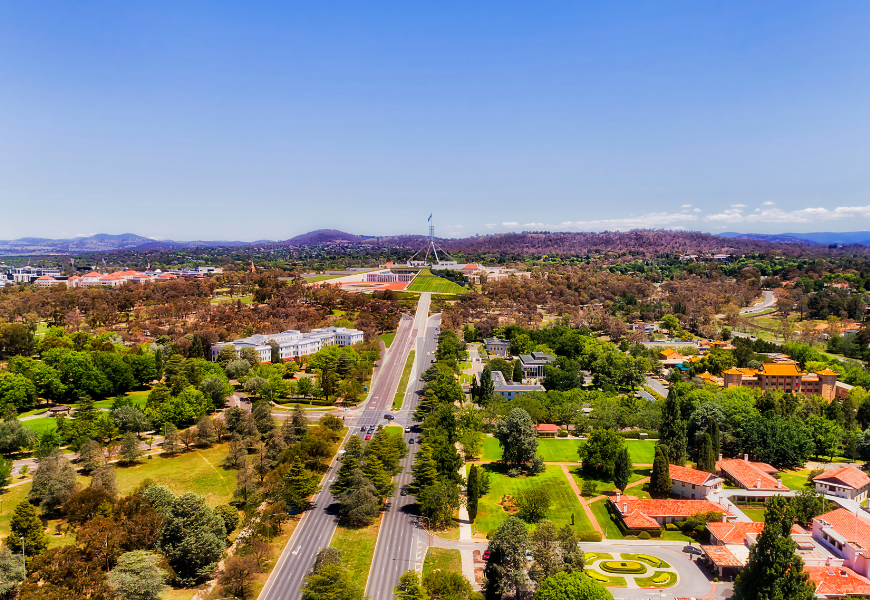
Darwin in the Northern Territory
Of Darwin residents surveyed:
- 40 per cent are considering relocating after COVID-19
- 56 per cent of Millennials are considering moving
- 70 per cent are now less concerned about moving to their ideal location as they can remain connected with services and businesses needed online
- 48 per cent have wanted to move for a while but have only recently considered it feasible
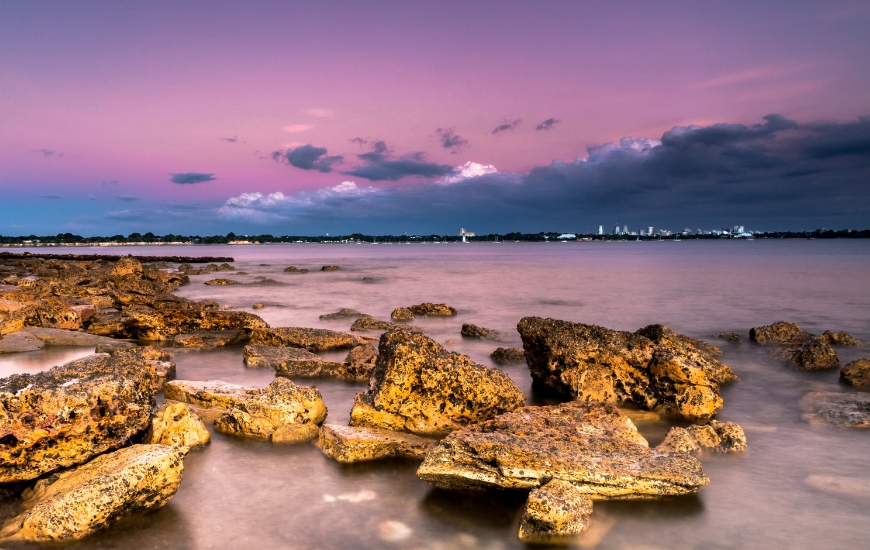
New South Wales
Of New South Wales (NSW) residents surveyed:
- 36 per cent are more likely to relocate after the COVID-19 pandemic
- 54 per cent have wanted to move for a while
- 89 per cent say having a flexible lifestyle allows them to focus on what really matters in life, like their family and overall wellbeing
- 59 per cent say affordable housing is a key feature of their ideal community
- 55 per cent of those keen to move would relocate to Queensland
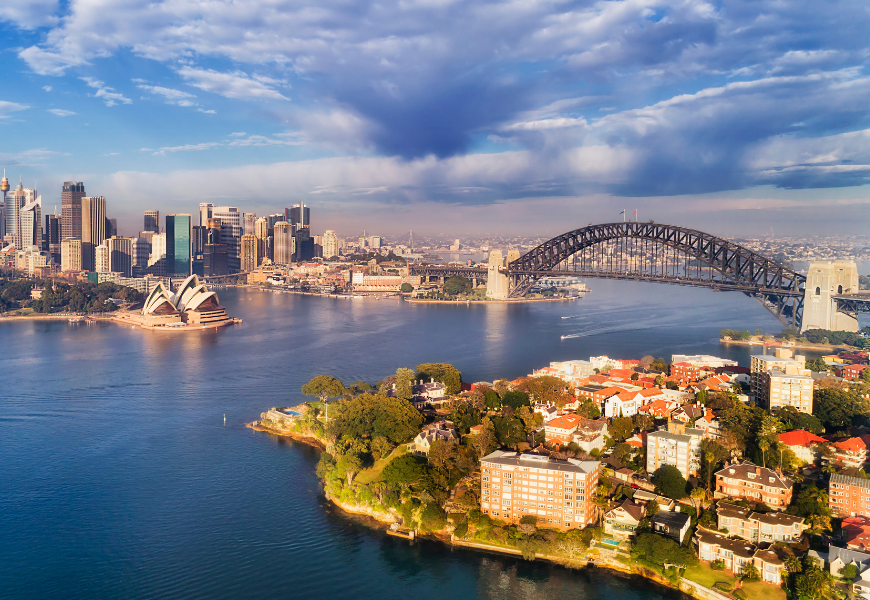
Queensland
Of Queensland residents surveyed:
- 33 per cent are considering relocating after COVID-19
- 71 per cent of those keen to move would stay within Queensland
- 78 per cent of those interested in relocating are looking to regional areas
- 47 per cent have wanted to move for a while but have only considered it to be a feasible option lately
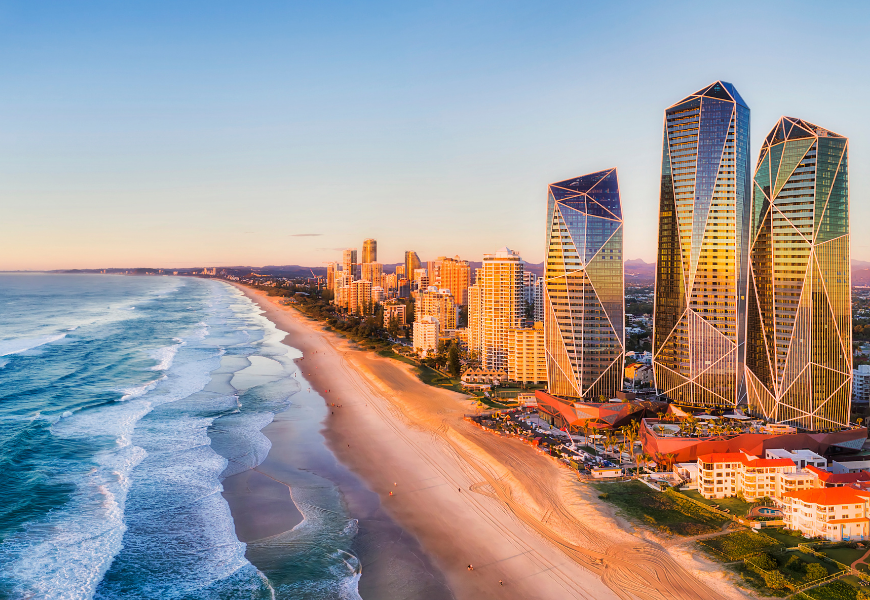
Tasmania
Of Tasmania residents surveyed:
- 31 per cent are considering relocating
- 70 per cent of those interested in moving are keen to stay in Tasmania
- 70 per cent are now less concerned about moving to their ideal location, confident they can do their current job from anywhere with access to fast and reliable broadband^
- 81 per cent say an increase in people moving to their area would bring a range of benefits, including boosting local businesses (54 per cent)
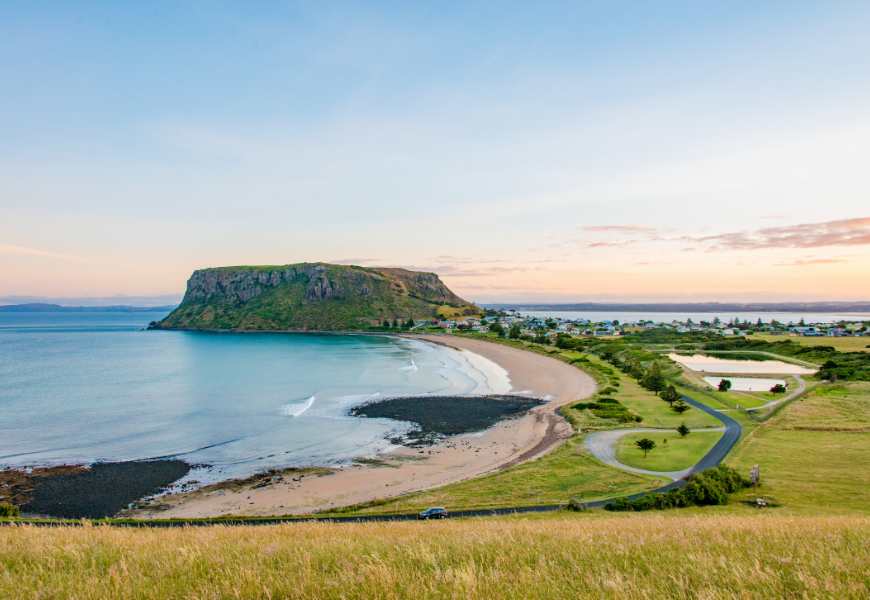
Victoria
Of Victorian residents surveyed:
- 38 per cent are more likely to relocate to their ideal community after COVID-19
- 78 per cent say they couldn’t achieve the flexible lifestyle they’re seeking without access to fast and reliable broadband^
- 57 per cent of those considering relocation are still keen to call Victoria home
- 50 per cent of those living in Melbourne would relocate regionally
- 58 per cent indicate a good choice of local cafes and restaurants, and access to green spaces for exercising and relaxing, are their ideal community’s key features
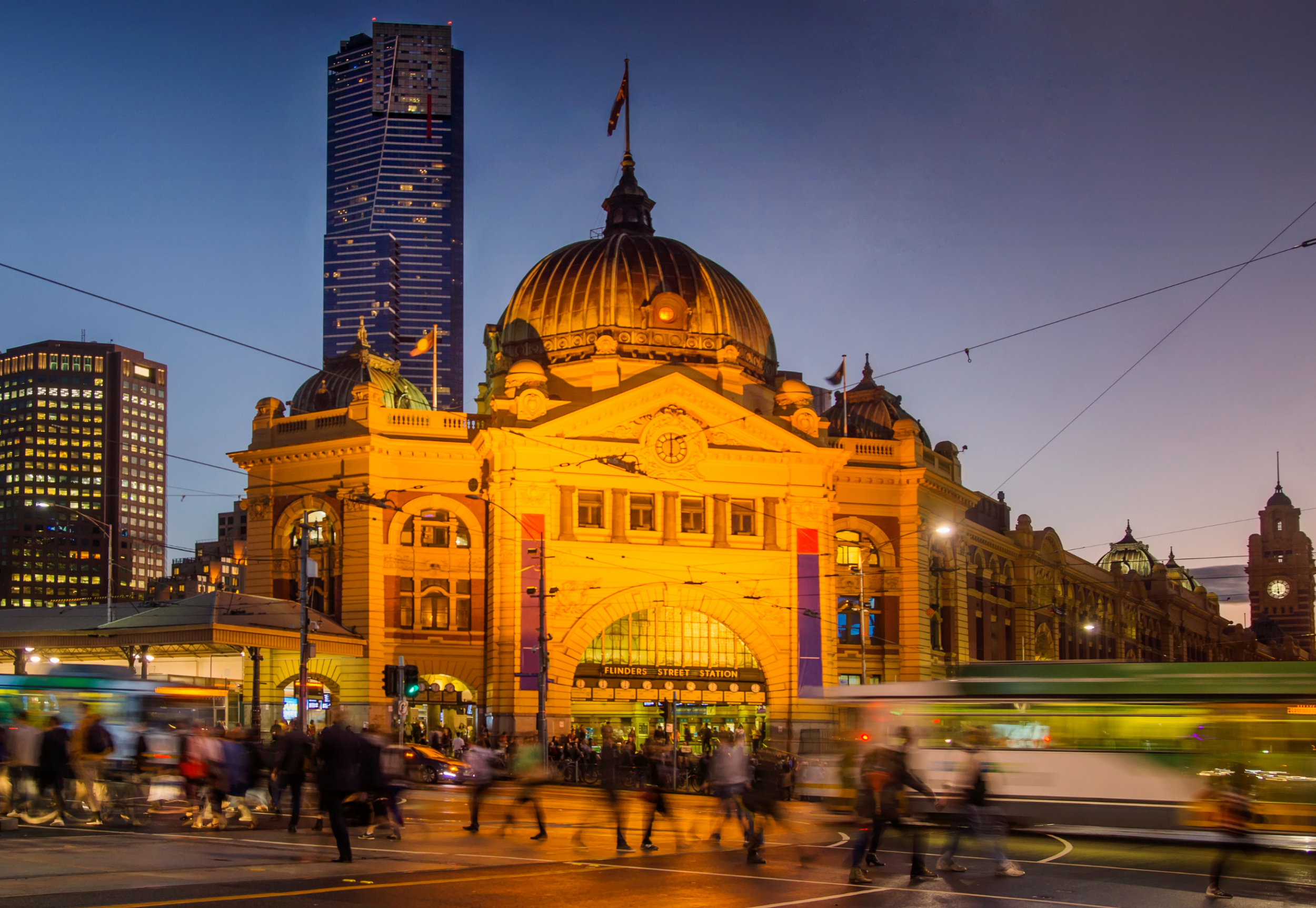
Western Australia
Of Western Australia (WA) residents surveyed:
- 31 per cent are looking to move to their ideal community after COVID-19
- 81 per cent of those keen to move would stay within WA
- 70 per cent are looking for a location that boasts quiet streets and low traffic
- 64 per cent are now less concerned about moving to their ideal location as they can stay in touch with family and friends, and connected to services and businesses, via digital platforms
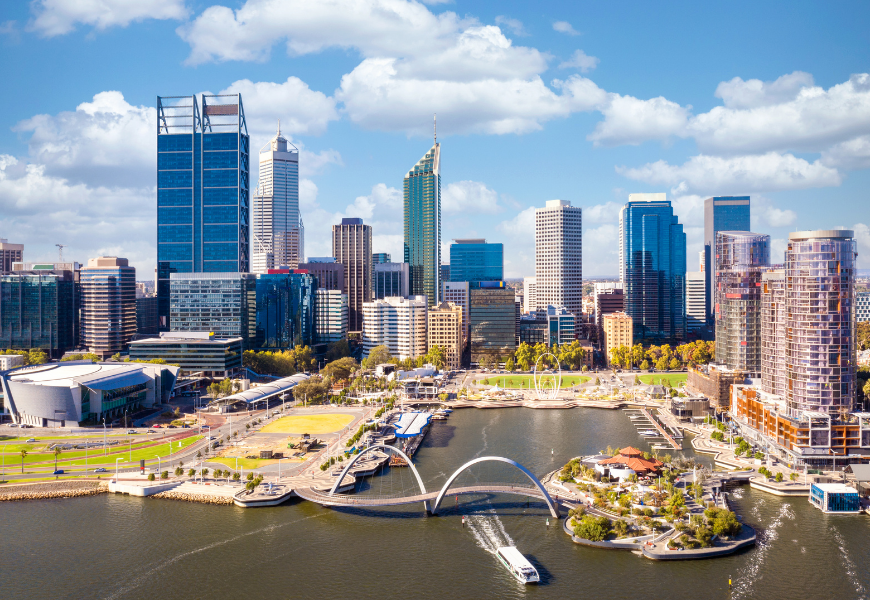
* This research was undertaken by YouGov on behalf of NBN Co. The research was conducted from the 31st August to the 19th September 2020. 3,358 respondents aged 18+ completed the nationally representative survey, including hyperlocal boosting in Wollongong, Bendigo (Central VIC), Far North QLD, Adelaide, Perth, South West WA, Hobart, Darwin, Canberra. 63% of the respondents lived in one of the 5 major capital cities, and 37% outside the capital cities. Following the completion of interviewing, the data was weighted by age, gender and region to reflect the latest population estimates in Australia as per statistics published by the ABS.
^ Your experience, including the speeds actually achieved over the nbn™ network, depends on the nbn™ access network technology and configuration over which services are delivered to your premises, whether you are using the internet during the busy period, and some factors outside nbn’s control (like your equipment quality, software, broadband plan, signal reception and how your service provider designs its network). Speeds may also be impacted by the number of concurrent users on the nbn™ Fixed Wireless network, including during busy periods. Satellite end customers may also experience latency.
^^ nbn is very happy with Kim’s experience with the nbn™ network. Of course, end customer experiences may vary.
